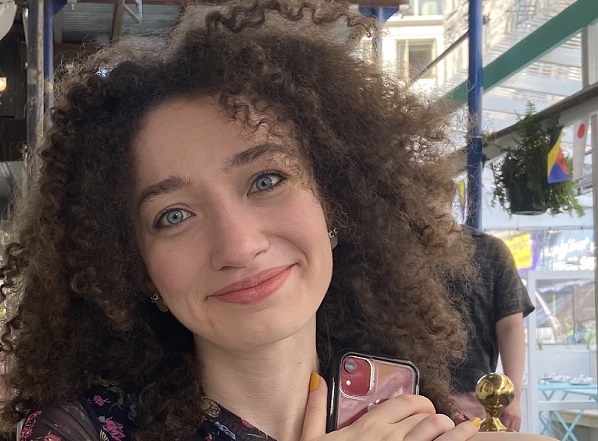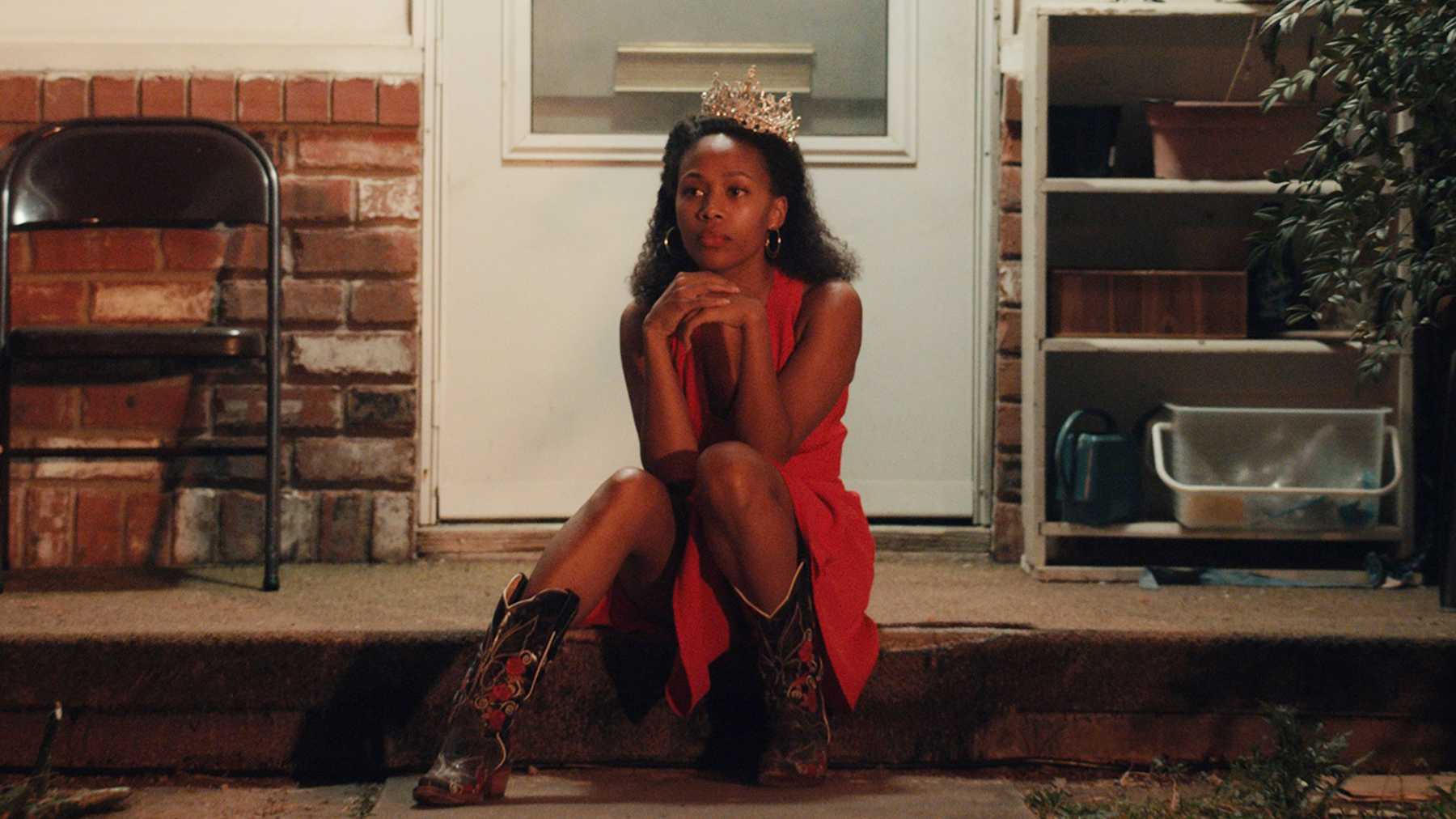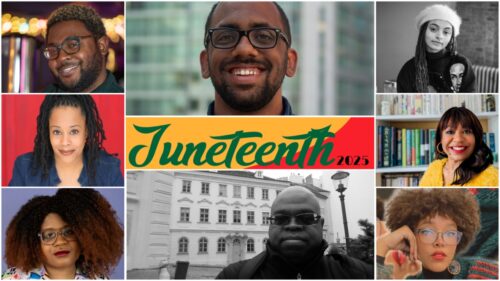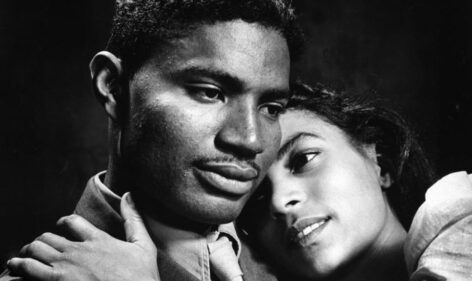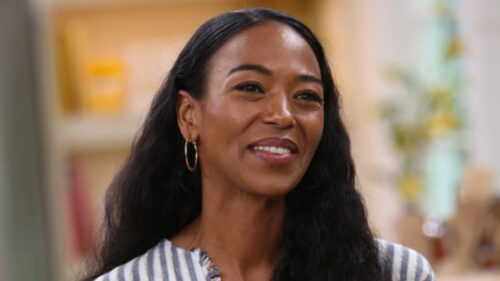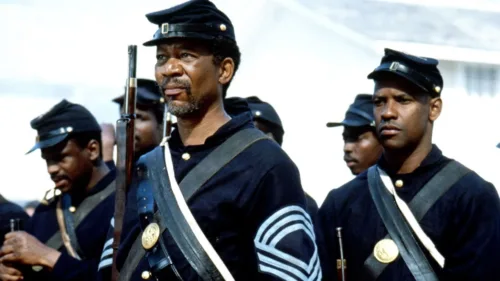As a development coordinator at a production company, a significant portion of my job involves reading scripts, primarily from emerging and early career writers. Having read hundreds if not thousands of scripts from writers of all backgrounds over the past couple years, certain trends have made themselves incredibly apparent, and none more so than the way writers of color overwhelmingly feel the need to be educators as well as storytellers, to teach as well as entertain, Black writers most of all. It’s a trend that speaks to a troubling truth of how Black stories are still being treated in Hollywood, and which audiences are still being prioritized.
A portion of the Black edutainment trend stems from inclination. There are writers from all backgrounds who are drawn towards edutainment ideals. However, this only speaks to a portion. The extent to which scripts from emerging Black writers feel compelled to explore Blackness in a very outward-facing, explanatory way—Blackness for the white gaze—says far more about industry appetites and attitudes than anything else.
There are still Black writers out there who have enough courage in their convictions to be telling Black stories that prioritize Black viewers; these stories are just rarely getting made (a few wonderful exceptions, like “Miss Juneteenth,” have managed to make it through). But most of these projects are still not getting greenlit. Contrast that to the numerous tales of graphic, brutal violence against Black people designed to enlighten and move white audiences through shock and gore—with little thought to the experience of Black viewers—that have been recently made or are actively being made. Combined, it makes a feedback loop that pressures Black creatives to tell tales for others, not themselves.
This is an incredibly heavy burden for writers to bear. The best stories are often the most personal, the most driven by passion, and written because they’re the stories the writers themselves really want to see. But this industry overwhelmingly asks Black writers to do just the opposite—to write for others first and foremost, to edutain.
There’s nothing inherently wrong with teaching through entertainment, in the sense that it can, to an extent, be relatively effective. If that’s truly what a creative wants to create, they should be welcome to do so. The issue is the multifold ways in which this industry still pushes Black creatives towards taking on these additional responsibilities, both by primarily rewarding stories aimed for white audiences specifically, and by failing to see the potential of those that don’t.

Sparked particularly by the torture fest that is the new Amazon Prime limited series “Them,” commentators from publications ranging from The Atlantic to The Guardian have raised questions about the purpose and dubious ongoing need for all-too-real fictional stories packed full of Black suffering and violence against Black people and little else. Who wants to see this? Who are these narratives for? And the only answer that truly makes any sense is “white people.” As Angelica Jade Bastién writes for Vulture, “watching ‘Them’ feels like compounded trauma […] It doesn’t force others to consider the anti-Blackness they perpetuate. If anything, it lets modern white people off the hook, providing extremes with which they can distance themselves from their own racism.”
The dark side of the edutainment model makes itself very clear when dealing with edutainment that is fundamentally not entertaining, so to speak, like Black trauma narratives. To be clear, exploring trauma in itself is not necessarily a bad thing. A film like “Get Out” or a series like “The Underground Railroad” explores trauma, but they also do more, and in ways that show consideration for the experience of Black viewers as opposed to just shock value, and explore Black identity beyond the pain of existing. The issue is the trend of narratives that are trauma and little else, from “Them” to “Antebellum” to the controversial recently minted Oscar-winning short “Two Distant Strangers.” For non-Black, and particularly white audiences, such stories might be insightful or edifying—but for Black audiences getting a remedial lesson on things we know all too well firsthand, it can often just hurt. As Mark Anthony Neal, chair of the African and African-American studies department at Duke University explained in a recent interview for the Los Angeles Times, “For white audiences, these projects offer an opportunity to see things they may not see on a regular basis, while for Black folks, it’s the same old, same old. People are really sensitive and raw about the graphicness of the violence because, for them, it’s not entertainment.”
Black people suffer the consequences of anti-Black racism, but it is a problem of whiteness and white institutions, not Blackness. The way the entertainment industry continues to push Black storytellers into translating and explaining Blackness—towards telling stories where Blackness doesn’t get to be explored with any nuance or depth beyond what it is to interact with and be oppressed by whiteness and white systems—is not just incredibly restrictive, but also continues to prioritize white audiences in a way that undermines diversity agendas. Surveys such as one done last June by market research company Morning Consult back up anecdotal evidence with hard numbers, further supporting that Black audiences want films about the modern Black experience more than traumatic tales of slavery and segregation, and yet what Hollywood continues to supply often remains confoundingly disconnected from these demands.
Throughout the film industry, there’s a boogeyman-like notion of a “wide audience”—and the business side of the industry spends most of its time trying to predict what this fickle beast will or will not respond to. Many of the most harmful dogmas of the industry are disguised under the illusion of business smarts by appealing to this mythical figure: the idea that films directed by women can’t turn a profit, that leads of color won’t attract white audiences, the list goes on—all stereotypes supported by a scant handful of cherry picked examples if anything at all.

The actual evidence to support this is quite weak at best. These dogmas have been around for so long they can be treated as self-evident; the alternative hypothesis is hardly ever tested. And on the rare chance it arguably has, such as “Black Panther,” the dogma hardly holds up. A study published in the Journal of Advertising Research that surveyed 1,900 Black and white adolescents back in 2018 found that white teenagers were just as likely to describe films that would be deemed by the industry as “Black-oriented content” as being for “general audiences,” including themselves.
People love things that aren’t made “for” them all the time. Growing up loving movies as someone not white and not a boy was growing up being very aware that they often did not love me back—but I loved them anyway. So many of us do. And when I look at younger generations—seeing what my college-age sister and her friends are into—they’re more devoted to anime than any programming being made in English. They’re hardly the primary target audience these anime creators had in mind, yet self-described dweebs they are nonetheless.
The thing is that good stories transcend. At the end of the day, audiences want to be entertained, to be moved, to escape into another world for a little while—and they can do that without needing every beat translated and spoon-fed. The same industry that trusts that newcomers can be tossed headfirst into the latest “Star Wars” or MCU installment and still enjoy the ride will turn around and fret over how an in-joke or narrative element unfamiliar to white audiences could be too alienating. Yes, over the past several years there have been signs of progress when it comes to opening a seat at the table for Black storytellers, but the journey is far from over.
To be able to tell the most compelling and authentic stories, the industry needs to take the burden off Black storytellers to explain, to allow narratives to just be Black without having to take the time to translate every nuance of that Blackness for non-Black viewers. When it comes to telling Black stories, we need to start decentering white audiences in the name of making better movies for everyone to enjoy.
